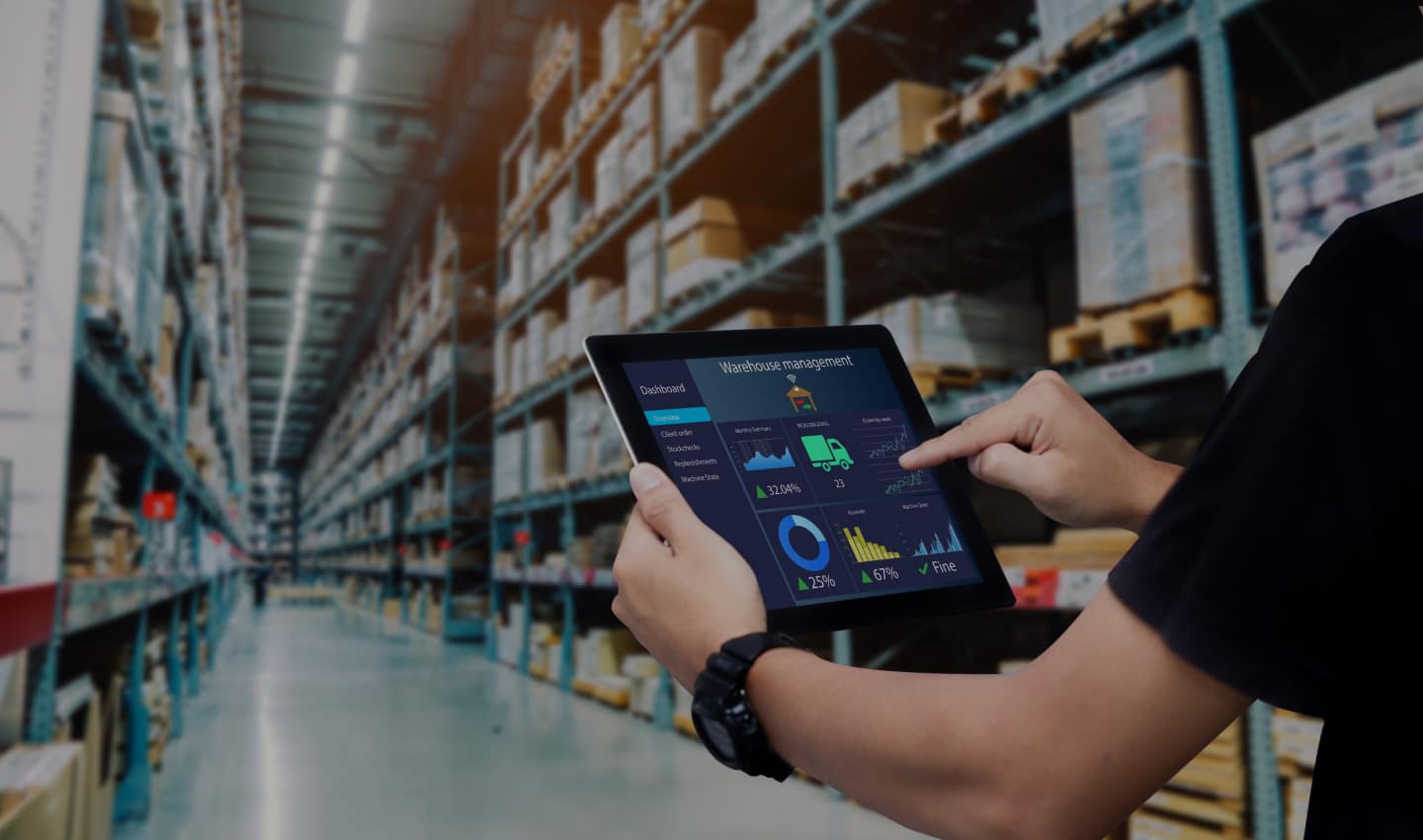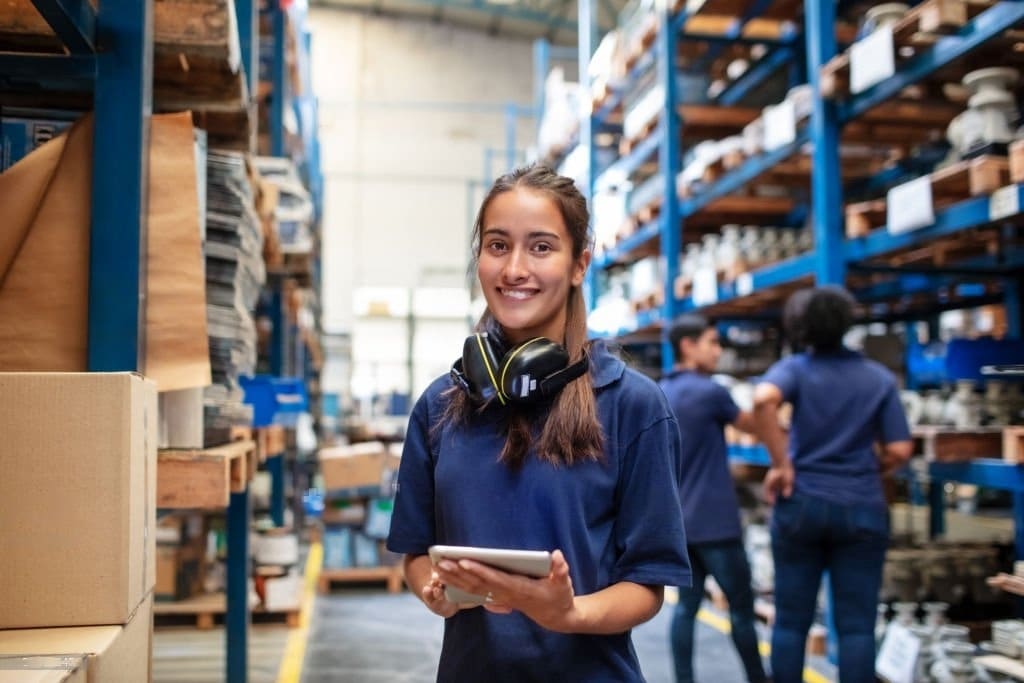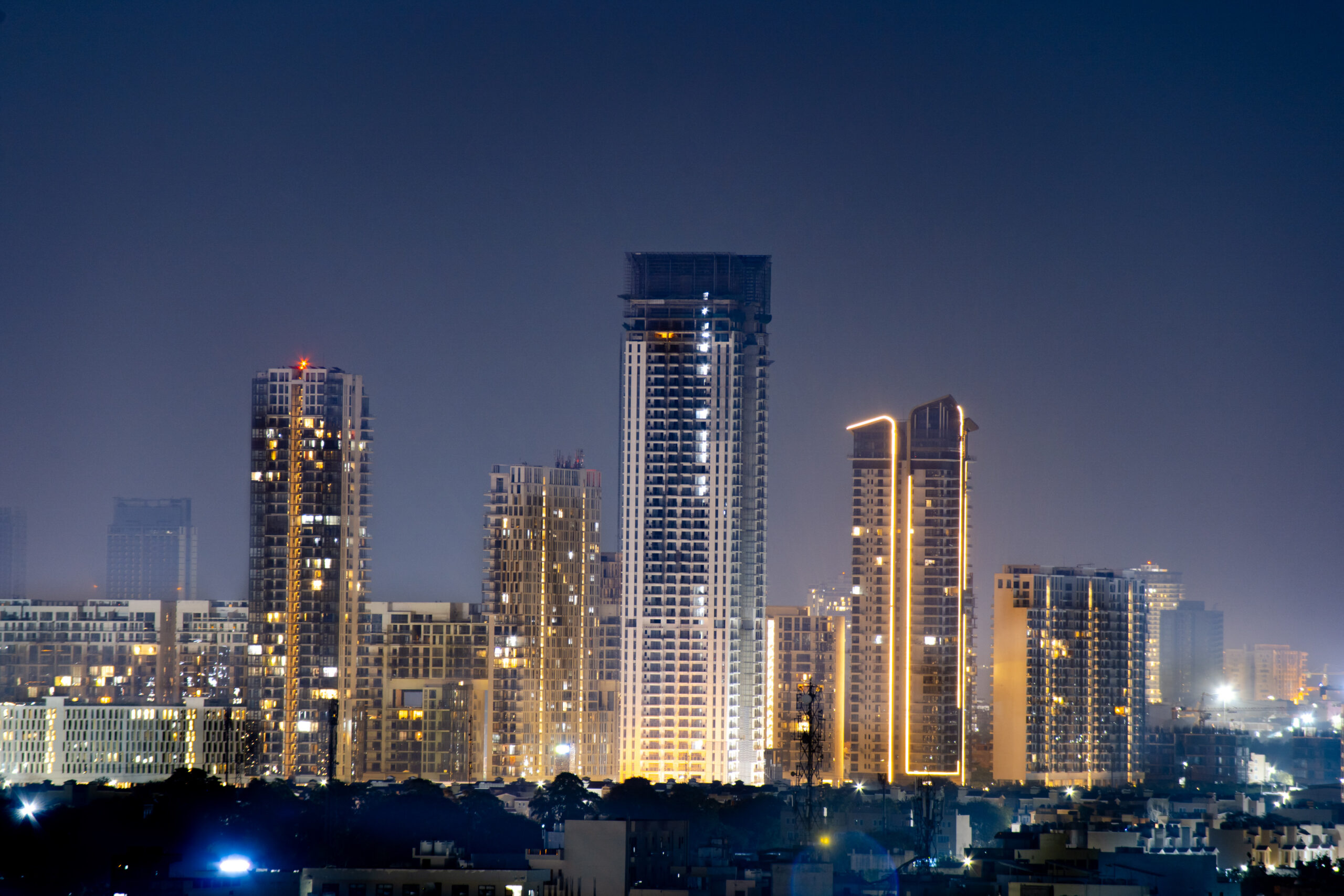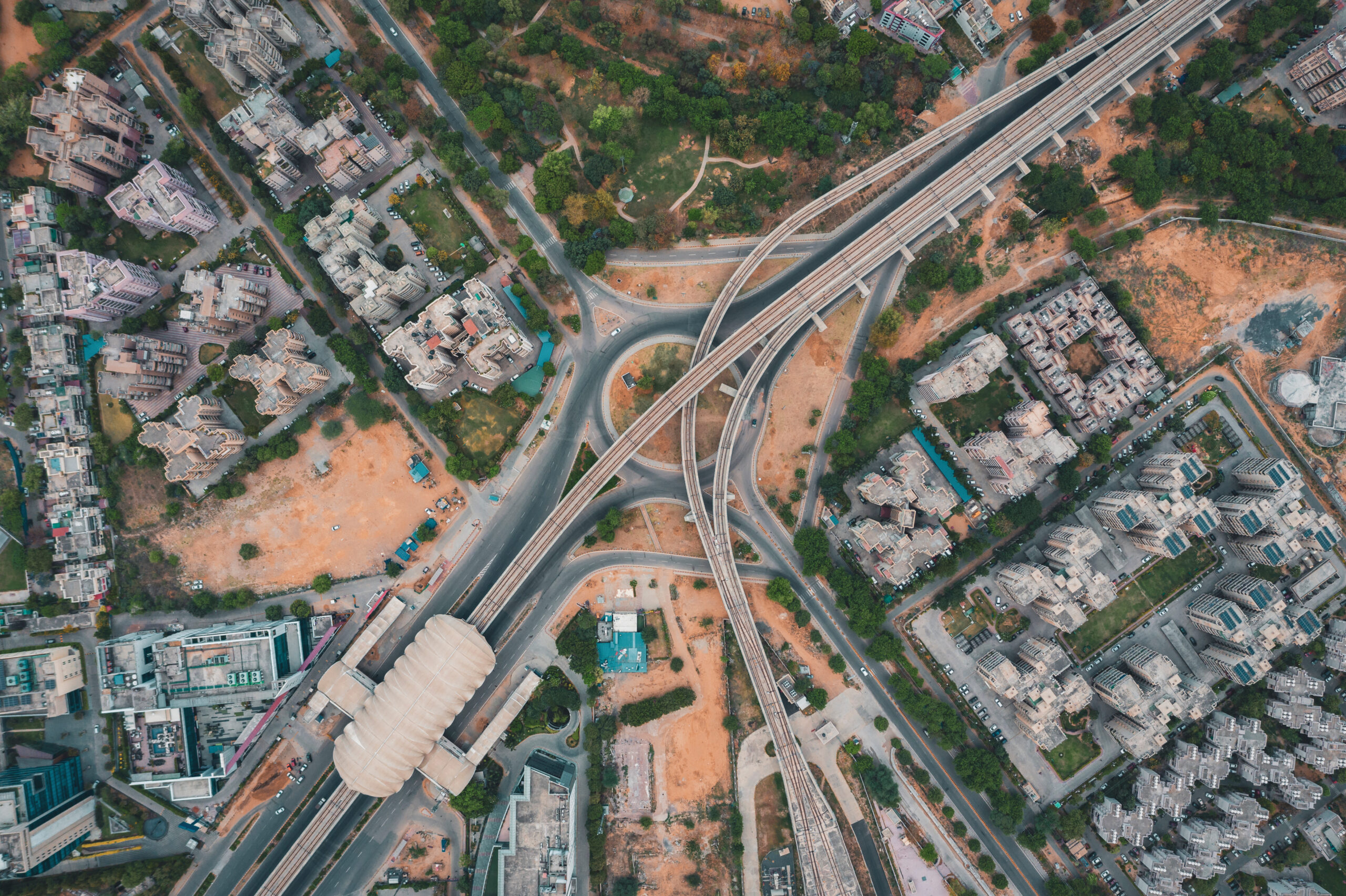In today’s ever-evolving landscape, supply chains are becoming increasingly intricate, due to several disruptions, be it natural or man-made. This is posing significant challenges to the logistics and supply chain ecosystem. Rapid delivery and cost optimisation have emerged as vital factors in the fiercely competitive logistics industry. To thrive in such an environment, businesses must forge resilient and agile supply chains empowered by cutting-edge technologies. One of the latest offerings by logistics solutions providers is ‘Control Tower’. Leveraging the latest technologies, these Control Towers offer comprehensive and real-time visibility across the entire supply chain. A large number of 4PLs are offering centralised dashboards to showcase critical business metrics and events, enabling astute decision-making and proactive responses to potential bottlenecks and risks.
What is a Control Tower?
A Control Tower stands as a centralised nerve center, offering unparalleled end-to-end visibility and real-time monitoring of all supply chain operations. Drawing data from diverse sources, including suppliers, manufacturers, logistics partners, and customers, it empowers businesses with critical insights.
Leveraging cutting-edge technologies such as data analytics, artificial intelligence, and machine learning, the Control Tower effectively scrutinises the data. By identifying potential disruptions and inefficiencies, it provides actionable insights to streamline operations.
Why is a Control Tower important?
In the face of continuous data growth and supply chain complexities, several specialised technologies have emerged. Yet, many supply chain leaders grapple with insufficient visibility to optimise network performance and proactively manage events.
In the last 2-3 years, the significance of Control Towers has been further amplified. Various factors, such as the Covid pandemic, geopolitical tensions, and natural calamities, have severely impacted supply chains. Additionally, India’s evolving state-wise regulatory frameworks have posed challenges for supply chain managers.
These control towers not only provide real-time monitoring of the entire logistics chain but also enables collaboration across teams and trading associates. Through predictive analysis, it helps clients make informed decisions in case of any delay in the transportation of goods due to unforeseen events. Also, data analytics helps clients in taking a decision on using a pull or push strategy to manage the flow of goods. Ultimately, it helps businesses to predict disruptions, improve resiliency, manage exceptions and respond to unplanned events.
Essential elements to set up Control Tower
Setting up a successful supply chain Control Tower requires careful planning and consideration of several essential elements. These elements ensure that the control tower effectively provides end-to-end visibility, real-time insights, and proactive decision-making capabilities.
Here are some of the key aspects:
Data integration
Ensure seamless integration of data from various sources across the supply chain, including suppliers, manufacturers, distributors, and logistics partners. Utilise different technologies to connect different systems and capture real-time data.
Advanced analytics
Integration of different technologies such as AI/ ML and data analytics tools to process and analyse the collected data. These technologies help in identifying patterns, trends, and potential disruptions, enabling data-driven decision-making.
Real-time visibility
The control tower should offer real-time visibility into the entire supply chain network. This includes tracking shipments, inventory levels, production progress, and transportation status in real-time.
Collaboration and communication
Enable seamless collaboration and communication among stakeholders, including suppliers, partners, and internal teams.
Data security
Implement robust cybersecurity measures to safeguard sensitive supply chain data. Data breaches can have serious consequences, so ensure data encryption, access controls, and regular security audits.
Regardless of the industry, every business with a complex supply chain can benefit from a Supply Chain Control Tower. Whether in retail, manufacturing, pharmaceuticals, or any other sector, companies face the challenges of managing inventory, transportation, and customer demands effectively.






